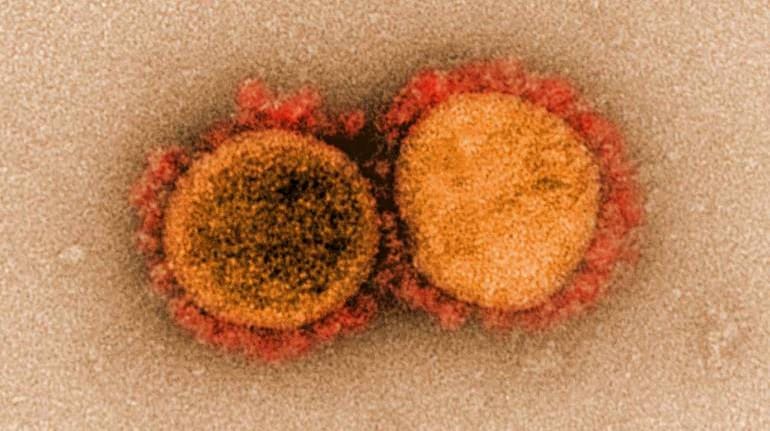



New strains of the novel coronavirus have been identified separately in the United Kingdom and South Africa.
England’s Chief Medical Officer Chris Whitty said on December 19 that the new variant of the coronavirus, which causes COVID-19, can spread more quickly and urgent work is underway to confirm that it does not cause a higher mortality rate.
Whitty said that the virus mutation was likely to be the reason behind the sudden rise in COVID-19 cases around the capital and southeast of the country.
“As a result of the rapid spread of the new variant, preliminary modelling data and rapidly rising incidence rates in the South East, the New and Emerging Respiratory Virus Threats Advisory Group (NERVTAG) now consider that the new strain can spread more quickly,” Whitty added.
The emergence of the new strain of the deadly virus has forced the UK government to put London and southern England under an emergency lockdown ahead of Christmas. The UK had reported over 20 lakh COVID-19 cases as of December 20, including more than 67,000 deaths.
The Dutch government also banned flights from the UK to the Netherlands until at least January 1 due to the spread of a new strain.
Follow our LIVE blog for the latest updates of the coronavirus pandemic
New strain in South Africa
South Africa has also identified a new variant of the novel coronavirus. The country’s health minister said that the mutation – termed 501.V2 Variant – was leading to a second wave of infections.
“The evidence that has been collated, therefore, strongly suggests that the current second wave we are experiencing is being driven by this new variant,” Health Minister Zweli Mkhizeadded said in a tweet.
The country’s health authorities said the variant seemed to spread faster, but added that it was early to confirm its severity. These mutations have also raised concerns whether vaccines currently under development will work against them.
Also Read | New coronavirus strain in UK: What does it mean for COVID-19 vaccines?
The World Health Organization (WHO) said on December 18 that it was in touch with South African authorities over the development. However, it also said that there was no indication there were changes in the way the new strain of the virus was behaving.
South Africa has recorded more than 9.12 lakh COVID-19 cases so far – the highest in Africa. This includes a death toll of over 24,500. The sudden resurgence in cases has also forced the government to tighten restrictions again.
COVID-19 Vaccine Tracker: What you need to know about manufacturing and pricing
“In the UK they have also identified a new variant ... there are quite a few similarities between the two lineages ... there are also a similar number of mutations,” Reuters quoted Prof. Tulio de Oliviera, a member of South African government’s genomics consortium as saying in a televised briefing.
It is to be noted that this is not the first time the SARS-Cov-2 has mutated. Scientists had identified nearly 200 genetic mutations in the virus as early as May.
Click here for Moneycontrol’s full coverage of the coronavirus pandemic
Discover the latest Business News, Sensex, and Nifty updates. Obtain Personal Finance insights, tax queries, and expert opinions on Moneycontrol or download the Moneycontrol App to stay updated!
Find the best of Al News in one place, specially curated for you every weekend.
Stay on top of the latest tech trends and biggest startup news.